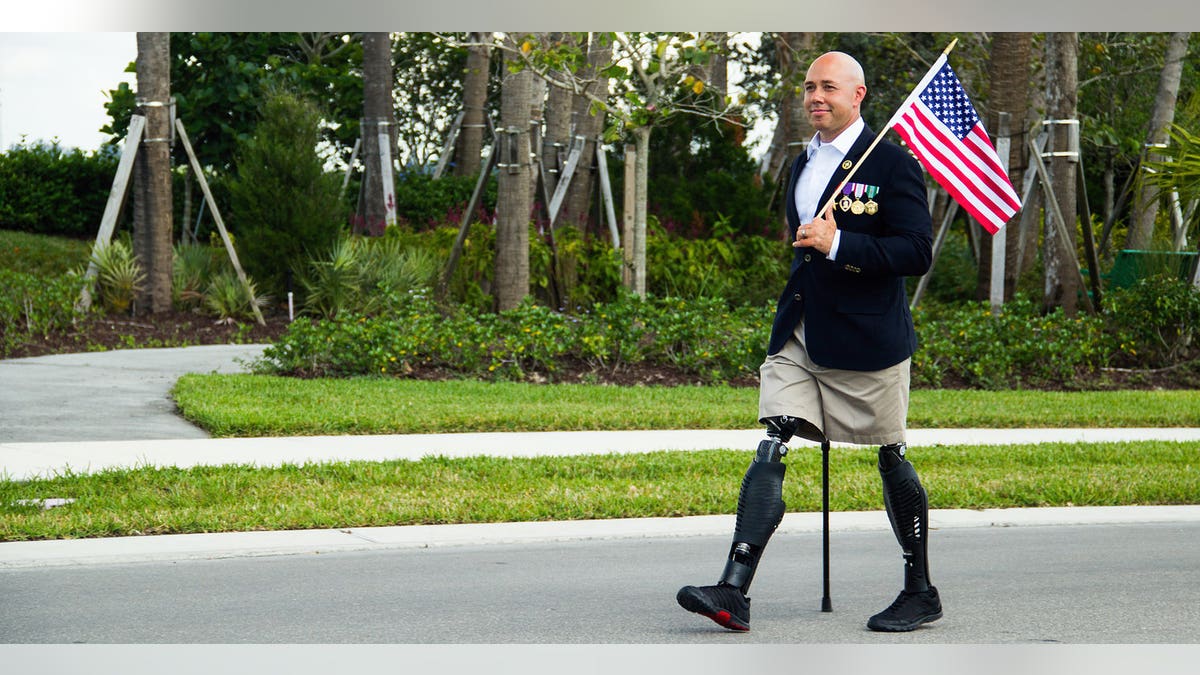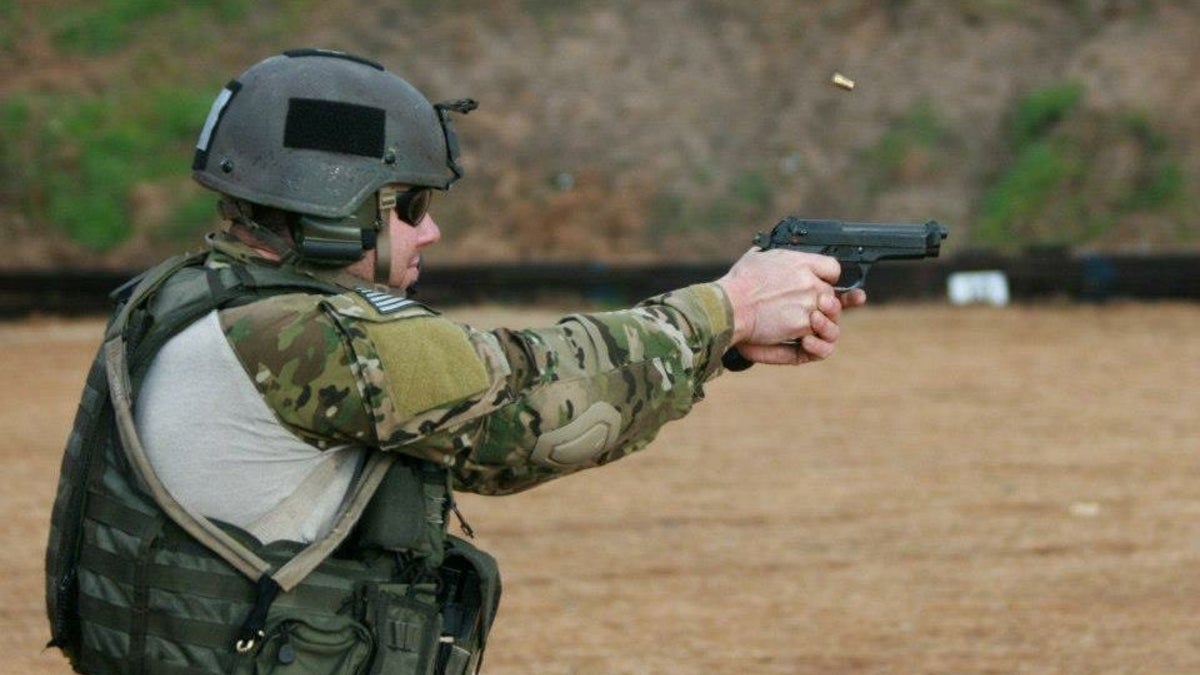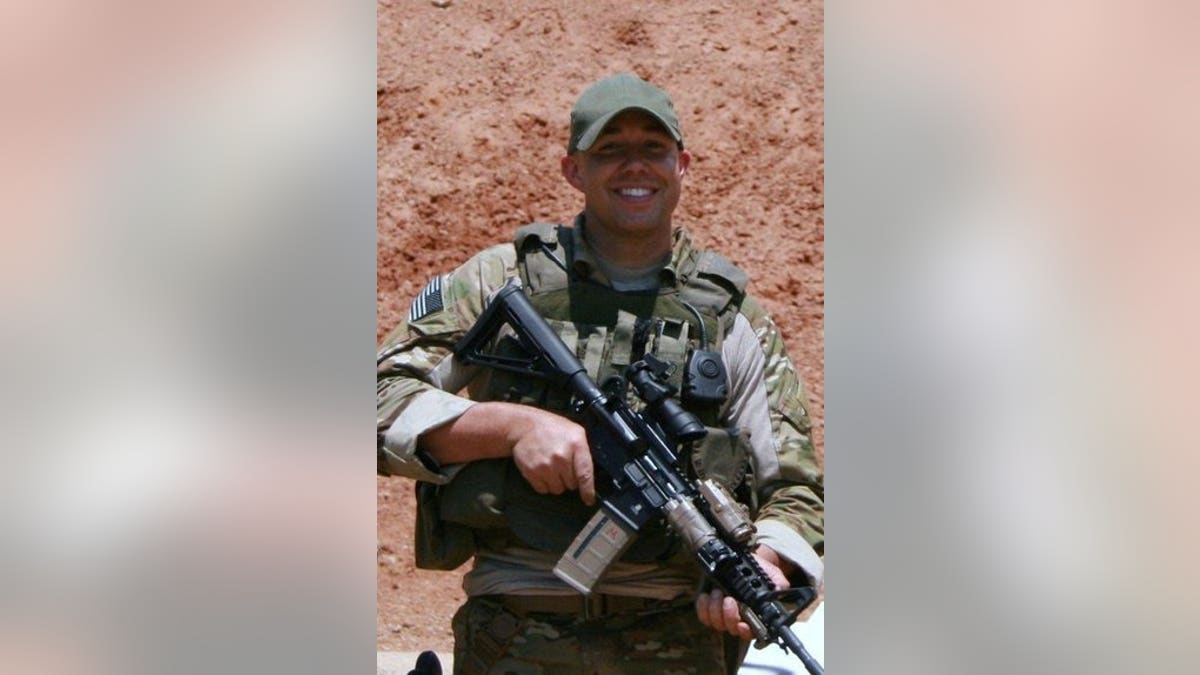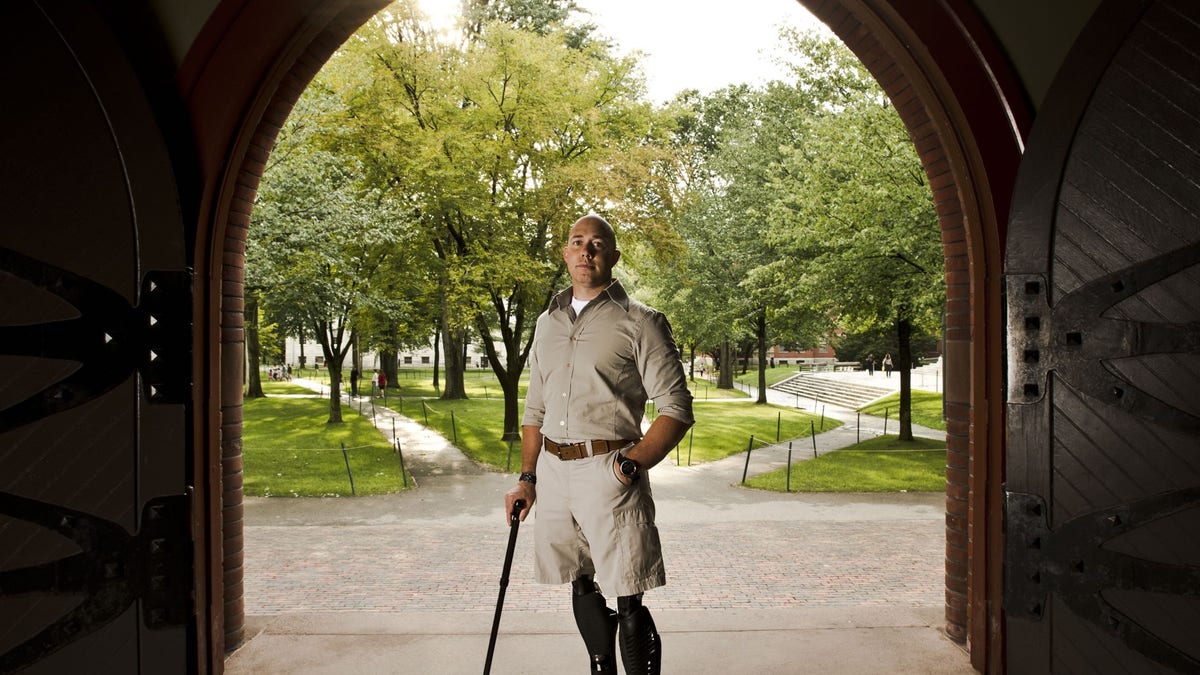
Rep. Brian Mast
I believe that everybody has a purpose in life. For as long as I can remember, I’ve known my purpose is to serve our country. Even when I was a little boy and my friends wanted to be firefighters or rock stars, I always wanted to be a soldier.
When I became old enough, I followed my father’s footsteps and enlisted in the U.S. Army. I had the honor of working as a bomb disposal expert under the elite Joint Special Operations Command.
Bomb disposal experts have a saying: initial success or total failure. But even in the most stressful situations, we drew strength from working together. It didn’t matter where people came from, how much money they had, or who they voted for. The only thing that mattered was working toward our common goal.
I loved every minute of it. Then my life changed forever on Sept. 19, 2010. That night we were on a mission near Kandahar in Afghanistan when we came across a river. As I was clearing the way for my fellow soldiers along the riverbank, I stood up to give our two snipers the signal that I was going to move ahead. Just as I started to move, a bomb ripped through my legs and the left side of my torso.
I woke up in Walter Reed Army Medical Center about a week later missing both of my legs and a finger. But the hardest thing for me was confronting the reality that I’d never be an asset on the battlefield again.
That’s when my dad gave me the most important piece of advice I’ve ever received:

Rep. Brian Mast
“Brian, I love you. I’m glad you’re OK. I’m glad you’re alive,” he told me. Then he said very seriously: “You can’t let this keep you down. You’ve got to find a way to get out there.”
I may have lost my ability to be an asset on the battlefield, but I didn’t lose my purpose. With the support of my family, I set out to find a new way to serve our country, and in 2016 the people of the 18th District of Florida gave me the tremendous opportunity to represent them in Congress.
I haven’t been in Congress long, but it’s become clear in my brief time in Washington that our politicians could learn a thing or two from the Army.
First, if you want to fix an issue, you’ve got to be present for the problem. I know that as a result of our war scars, both physical and mental, veterans have unique health-care needs that we must do a better job of caring for.

Rep. Brian Mast
That’s why I still do and always will get my health care from the Department of Veterans Affairs (VA). I experience the issues firsthand, and when things go right, I also am there to celebrate the successes.
Second, we need to spend less time fighting each other and more time fighting for the American people.
The men and women served by the VA are not all Republicans or all Democrats, but they are all patriotic Americans who put their lives on the line and have earned the best care we have to offer. We must work together to deliver on the promise we made to care for them when they returned home.
These two lessons led me to open the first-ever congressional office inside a VA facility at the West Palm Beach, Florida in a shared space with the rest of the bipartisan congressional delegation from my area.
This office has allowed us to help veterans on the spot: when and where they’re having an issue.

Rep. Brian Mast
We’ve held more than 250 meetings and opened more than 100 new cases to help veterans in less than half a year.
I believe every single member of Congress should do the same at his or her local VA. Not only will it help veterans in their communities, but it will force those members to be present for the successes and failures at the VA.
If we ever hope to deliver on our promise of excellent care for veterans, members of Congress are going to need a much better understanding of the issues than they have right now.
That's why I introduced The Improving Veterans Access to Congressional Services Act to pave the way to make that high level of service a reality for our veterans all across the country.

Rep. Brian Mast and his family
My bill requires the Department of Veterans Affairs to make space available for congressional offices during normal business hours in a location that is easily accessible to the member’s constituents.
This is a commonsense, bipartisan way to make serious progress for veterans. Here’s another: as primaries take place across the country, let’s choose nominees who are willing to make the simple commitment that one of their offices will be in their local VA.
And this November, let’s get more veterans elected who understand the dire needs of this one-of-a-kind community.
Even in this era of hyper partisanship, support for our veterans should be a litmus test that we can all get behind.




















